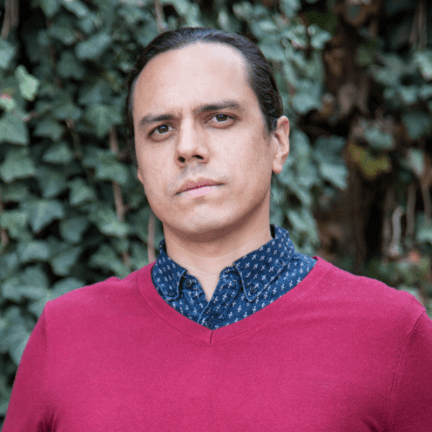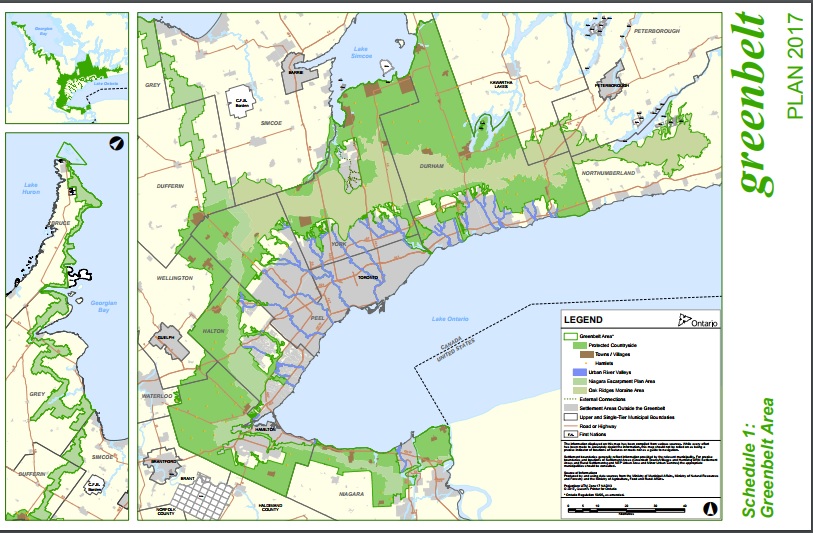Title of the play: Chicho
Written and performed by: Augusto Bitter
Director: Claren Grosz
Company: Pencil Kit Productions and Theatre Passe Muraille
Written and performed by Augusto Bitter, Chicho is as much about the current turmoil in Venezuela as it is about Bitter’s growing up as a “queer-Catholic-man-boy” and his attempts to reconcile the two. Switching between a white polo clad middle-class queer boy and a game show host donning booty shorts, Bitter educates as much as he entertains in this emotionally powerful and highly energetic play that explores a queer immigrant experience and conflicting identities. Chicho is a play about Bitter’s search for home.
Giuseppe Condello’s lighting and Deanna H. Choi’s sound usher the transformations of Bitter’s characters from the personal to the political. Chicho, a shy and insecure polo-wearing boy, reflects on his queer identity in Venezuela and in Canada, whereas Chichi, a confident, promiscuous game show host, offers a poignant commentary on Venezuela. Both seek to force self-reflection in the audience. Chicho, a café con leche Venezolano embodies the colonial experience suffered by the people in Latin America at the hands of milky Europeans. Chicho’s skin is that of the oppressed, and when he finds himself in his first interracial relationship, he seeks to reverse the history of domination and exploitation and change the power relations. His having sex with his white boyfriend, Charles, becomes vengeful; a power play that leads to their separation. Chicho wants to feel in control and exert power over his milky boyfriend. He wants Charles to be ashamed of what his race stands for, and by extension, Chicho makes the audience reflect on their role in the settler-colonial Canadian society and their role in the dispossession of the First Nations.
Chicho’s anguish is further highlighted in his interaction with Chochi, a Venezuelan he meets by the bust of Simon Bolivar at Trinity-Bellwoods Park. Both from Venezuela, speaking in Spanish and reminiscing about their upbringing, Chicho feels a stronger connection to Chochi. However, familiarity is but a veil for distance and estrangement. This Chicho finds out right before he is about to climax, as he searches for the correct words in Spanish and realizes he does not know them. Not only that but Chochi, his partner, also moans in English. This makes Chicho wonder how to be queer in Spanish? What does it mean to be something you are not? Can you be both at once? Chicho’s queer immigrant experience appears to have subsumed his Venezuelan Latin identity to produce a mix in which the milky identity dominates his café con leche, while his mind and his body yearn for something that feels more authentic. Chicho wants to be queer in Spanish, but he can’t.
In his role as a game show host, Chichi’s politics offers a too simplistic, lachrymose description of Venezuela. His statements are made to emotionally stir the audience and make them reach for their wallets and donate to Venezolanos Por la Vida organization, of which Bitter is part. Did Bitter’s meandering into a political persona, simply play the audience and careened them towards the jar which waited at the end of the play to be filled with cash contributions? It felt slightly disingenuous.
Chichi, the political commentator, views Maduro as a dictator, which represents a usual trope, but the way he dismisses, mocks even, the advances made in health care, education, and literacy, as well as housing under Chavez, is downright obnoxious and oblivious to the widespread poverty that preceded it. With his hand in his pants, Chicho admonishes the “lefties, politically correct” supporters of Chavez by portraying their intellectual bias towards humanitarianism as self-serving and removed from the reality on the ground which is represented by his maid. La Negrita, as Chichi who never bothered to learn her name calls her, has to ground and burn corn to sell as a substitute for coffee. She has to buy “the last bread roll” using sackfuls of cash that is worthless. Is Chichi, an immigrant in Canada, capable of reflecting on the role his adopted country played and continues to play in the perpetuation of economic hardships in Venezuela? His scorn is reserved for the past and stops at the official end of the colonial experience.
Chicho, in his role as a game show host, rages at Chavez and Maduro. They become the object of his hate and the cause of his alienation. They were, after all, the reason why Chicho initially left Venezuela in the early 2000s and settled in Fort McMurray, Alberta. It is precisely this rage that connects the two personas by offering Chicho the possibility to return to his roots, to the time before he was uprooted and forced to grow up not knowing to be queer in Spanish. Chavez and Maduro become scapegoats for his queer immigrant experience in Canada.
Chicho is a thought-provoking, emotionally charged tale that etches Augusto Bitter into the minds of the audience. Charismatic and captivating, Bitter commands his audience for 100 minutes and leaves them yearning to see more of him.

